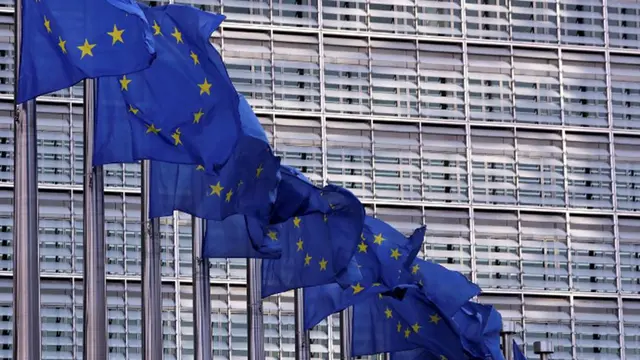Li Ka-shing, a prominent billionaire in Asia, announced his retirement Friday from the business empire that he built over nearly seven decades.
Li, 89, will officially step down as chairman of Hong Kong conglomerate CK Hutchison and property giant CK Asset after the annual general meeting on May 10, the tycoon said at a media conference. He will continue to serve as senior advisor to the company, he said.
"I would like to express my heart-felt appreciation to our shareholders for their unfailing confidence and support in the past years," Li said from a news conference in Hong Kong.
Li will be succeeded by his eldest son, Victor Li, who was named as "successor in principle" last year. The younger Li, 53, is currently the deputy chairman of CK Hutchison and CK Asset.
Li Ka-shing was saddled with financial responsibility from a young age. After his family fled to Hong Kong from southern China during WWII, his father died of tuberculosis. He had to leave school before the age of 16 to work in a factory.
For almost four years during the Japanese occupation of Hong Kong, he sent 90% of his pay to his mother. Perhaps his early success as a breadwinner taught him the generous values that have made him famous for his philanthropy today.
Li was clearly influenced by his experience of working as a child. “It doesn’t matter how strong or capable you are; if you don’t have a big heart, you will not succeed,” he said.
And he showed promise as a leader and visionary when he opened his first factory in 1950, at the age of 22. The factory, Cheung Kong Industries, manufactured plastic flowers. He anticipated that plastics would become a booming industry, and he was right.
Li attributes the success of Cheung Kong, which he started with only about $50,000, to a willingness to learn the latest industry trends. “The correlation between knowledge and business as the key to success is closer than ever," he said.
Though Li dropped out of school at a young age and never received a university degree, he has always been a voracious reader and attributes much of his success to his ability to learn independently. For instance, he completed Cheung Kong's accounting books in the company's first year himself with no accounting experience — he simply taught himself from textbooks.
Li’s first visionary move was with plastics, though he was ahead of the curve again when he moved into property development in 1979 with the acquisition of Hutchison Whampoa. This set the stage for him to become a major real-estate tycoon before Hong Kong’s global boom.
Li was one of the first big investors in Facebook and more recently invested in a startup that aims to replace eggs with a plant substitute. Li only invests in technology that he sees as “disruptive” and will make his holdings more cutting-edge. This is consistent with his constant innovation in his businesses.
Li enjoys spending his “mad money” on these investments rather than on material things. He consciously makes an effort to be perceived as materially modest. He wore a £30 electric wristwatch throughout the 1990s.
Perhaps one of the most important factors that have contributed to Li’s success is the passion he feels for his work. In 2010, he told Forbes, “The most important enjoyment for me is to work hard and make more profit."
Friday's announcement marks the end of a storied career that saw Li build from scratch a commercial empire that today touches almost every aspect of life in Hong Kong and beyond: telecommunications, property, shipping and retail.
The conglomerate now spans more than 50 countries and employs 300,000 people globally. Li's two companies have a combined market capitalization of more than $80 billion, according to Reuters data.
Li, with an estimated net worth of $35.3 billion, is the richest person in Hong Kong and the 23rd most wealthy individual in the world, according to Forbes.
(CNBC & BI)
 简体中文
简体中文

